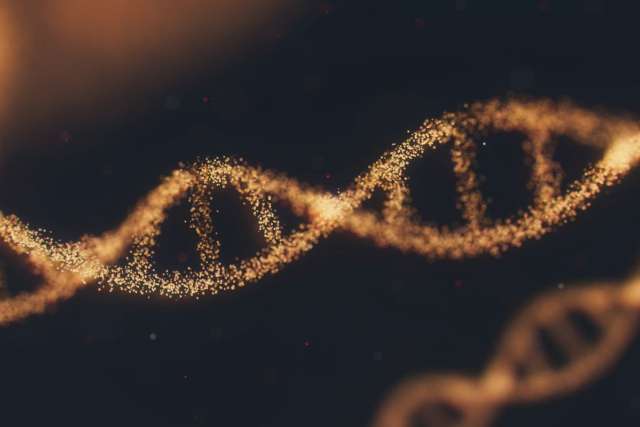Depressed men with localized prostate cancer are more likely to be diagnosed with more aggressive cancer, receive less effective treatments and survive for shorter times than prostate cancer patients who are not depressed, a UCLA study has found.
The study's lead author, UCLA professor Dr. Jim Hu, said the negative outcomes may be the result of several factors, including bias against people with mental illness, depression's impact on cancer's biological processes, the patient's lack of investment in his general health and disinterest in more effective care, and missed opportunities by physicians to educate patients about prostate cancer screening and treatment.
The population-based observational study used data from the Surveillance, Epidemiology and End Results Medicare database. Researchers focused on 41,275 men diagnosed with localized prostate cancer between 2004 and 2007 and observed through 2009, of whom 1,894 had a depressive disorder that had been discovered in the two years before the cancer was diagnosed.
"Men with intermediate- or high-risk prostate cancer and a recent diagnosis of depression are less likely to undergo definitive treatment and experience worse overall survival," said Hu, UCLA's Henry E. Singleton Professor of Urology and director of robotic and minimally invasive surgery at the David Geffen School of Medicine at UCLA. "The effect of depressive disorders on prostate cancer treatment and survivorship warrants further study, because both conditions are relatively common in men in the United States."
The study was published online by the Journal of Clinical Oncology, a peer-reviewed journal of the American Society of Clinical Oncology.
Hu said that although demographic and socioeconomic differences can affect treatment and outcomes in prostate cancer, the effect of mental health disorders has remained unclear. In studies of patients with other cancers, in other cancers, including breast and liver cancers, depression has been associated with an increased likelihood that patients will not get the best treatment, as well as lower overall survival. However, little had been known about the relationship between depression and diagnosis, treatment and outcomes in prostate cancer.
The study also found that men with prostate cancer were more likely to be depressed if they were older, white or Hispanic, unmarried and lived in non-metropolitan areas, and had lower income and other medical problems.
In addition, men with depression were less likely than those who weren't depressed to seek out definitive therapy such as surgery or radiation.
"This was surprising, because depressed men were more likely to see physicians in the two years prior to prostate cancer diagnosis compared to non-depressed men," Hu said.
After skin cancer, prostate cancer is the most frequently diagnosed cancer in men. An estimated 233,000 new cases of prostate cancer will occur in the U.S. in 2014. Of those, nearly 30,000 men will die.
"These results point toward a newly identified disparity in the management of men with incident prostate cancer," the study states. "Considering the marked prevalence of both prostate cancer and depression, additional efforts are needed to better understand and ameliorate the decreased survival following prostate cancer diagnosis in the depressed male patient."
The study was funded by a Department of Defense Physician Training Award.
For more than 50 years, the urology specialists at UCLA have continued to break new ground and set the standards of care for patients suffering from urological conditions. In collaboration with research scientists, UCLA's internationally renowned physicians are pioneering new, less invasive methods of delivering care that are more effective and less costly. UCLA's is one of only a handful of urology programs in the country that offer kidney and pancreas transplantation.



